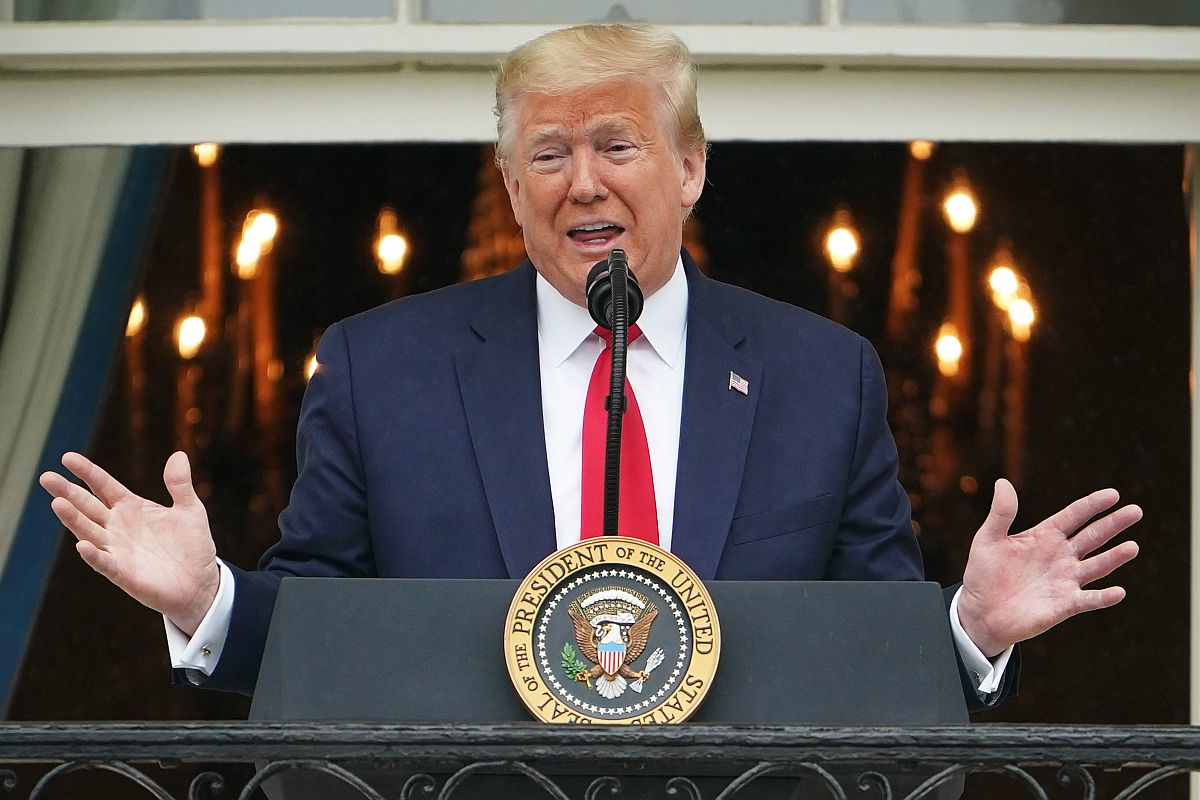The contours of the US presidential election this November are now clear, though the nature of the contest was generally anticipated. The defining moment was obvious on Friday when Joe Biden officially clinched the Democratic presidential nomination.
The former Vice-President has crossed the delegate threshold in the latest round of primaries, an index to the groundswell of support that he enjoys. He will now contest in the general election against Donald Trump.
Advertisement
The weekend’s outcome conveys a message to the Democratic party as well. “I am proud to say that we are going into this general election a united party,” Mr Biden said. “It was an honor to compete alongside one of the most talented groups of candidates the Democratic party has ever fielded.”
Though Biden has been the presumptive nominee for months, his primary victories in states across the country on Tuesday helped him secure the 1,991 unpledged delegates ~ the number that is necessary to win the nomination.
His rival, Bernie Sanders, who exited the race in April, is still collecting delegates in an effort to influence the party’s platform at its August convention.
The milestone of Biden’s nomination comes as the nation faces compounding crises wrought by the coronavirus pandemic, soaring unemployment and a wave of protests over racism and police brutality, not to forget the impetuousness of the incumbent President.
Biden enters the November 2020 general election in a strong position, with polls showing him ahead in a number of key battleground states, so-called. As was only to be expected, Biden and Trump have spelt out opposing visions amid the upheaval over police brutality, with the Democratic nominee opting for a “somber and unifying” tone.
“This is a difficult time in America’s history,” he said in the immediate aftermath of the nomination. “And Donald Trump’s angry, divisive politics is no answer. The country is crying out for leadership. Leadership that can unite us. Leadership that can bring us together We need a President who cares about helping us heal… now.”
Constrained by the dangers of the virus, the former Vice-President has been forced lately to campaign mostly from his home in Wilmington, Delaware, after moving around the country to rallies and fundraisers ~ in keeping with tradition ~ before the pandemic hit the US.
But he recently began to leave his home, travelling last Tuesday to Philadelphia, where he delivered a robust speech on race in America, assailing Trump’s leadership and accusing his opponent of inflaming rather than calming a nation convulsed by protests and unrest. Beyond the mild rhetoric, he could not have been more accurate in his assessment.











